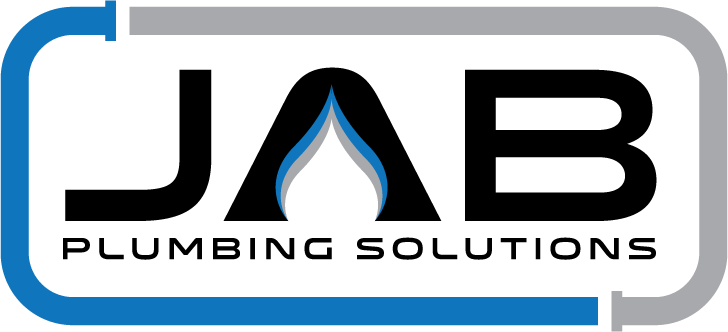Plumbing emergencies can happen at any time and when you least expect it. They often occur outside of business hours such as late at night or on the weekend. This is because the plumbing fixtures in your home are more frequently used during these hours when everyone is at home. If you’re faced with a plumbing emergency try to stay calm. Plumbing emergencies can pose a risk to your family’s health and can cause lasting water damage to your home. It’s important to remain level headed and take action fast.
What is a plumbing emergency?
A plumbing emergency is a plumbing situation that can cause serious harm to people or damage to property. Many people mistake simple plumbing maintenance jobs for an emergency situation because it’s simply inconvenient. No hot water or a leaking tap, for example, are not emergencies. Gas leaks, overflowing sewage and burst water pipes on the other hand are plumbing emergencies.
Plumbing emergency 1 - Gas leak
A gas leak is an incredibly dangerous situation, whether it be LPG or natural gas. LPG gas is denser than air so it will sink to the floor and slowly fill up the room. It is highly combustible and even the smallest spark could result in an explosion. Natural gas is not as flammable as LPG but still poses a risk.
What to do if you smell gas or suspect a gas leak:
Call an emergency plumber who is also licensed gas fitter as soon as possible. You cal reach JAB Plumbing Solutions on 1800 225 552
You can also call 000 if you smell gas
Turn off the gas at your gas metre or cylinder
Check whether the stove has been left on
Turn off all your appliances including electrical appliances and pilot lights
Open the doors and windows to assist with ventilation
Don’t light any flames including matches or lighters
Leave the premises while you wait for emergency help to arrive.
Plumbing Emergency 2 - Overflowing sewage
Raw sewage overflow is a serious issue because it contains bacteria and parasites that can make you and your family very sick. The bacteria can also soak into the carpet and floorboards, contaminating your home. Furthermore, it can cause water damage.
Sewage may overflow either inside or outside of the house. It can happen inside the house if there is a blockage in the main sewer line outside and the waste is unable to be transported to the Council sewer mains. A complete blockage means the sewage has nowhere to go and comes back up the pipes where it can overflow from floor grate, the toilet and other drains around the home. Sewage overflow can also happen outside of the home if there is a broken or collapsed sewer pipe.
Overflowing sewer caused by a large blockage in the outside sewer line. JAB Plumbing Solutions is flushing out the clogged sewer using a jet blaster machine.
What to do if there is overflowing sewage
Call an emergency plumber as soon as possible
Avoid coming into contact with the sewage and keep away from the contaminated area as much as possible
If you must go near the contaminated area put on protective clothing first including gloves, long sleeve shirt and goggles
If you are worried about damage you can put down some old towels and rags to soak up some of the overflow while you wait for the emergency plumber to arrive
Stop using plumbing fixtures because this will only add to the the overflow. This means do not use the toilet, taps, shower or washing machine.
Plumbing Emergency 3 - Burst pipe
A burst water pipe can occur for a number of reasons. If the pressure in the pipe is too high it can cause the pipe to rupture. Poor installation, existing flaws in the pipes, low quality pipe fittings and deterioration are other causes of burst pipes. The main concern with a burst pipe is the amount of damage it can cause. Water gushing out of a burst or ruptured pipe can flood the home damaging floorboards, carpets, cabinetry and furniture. It can also result in mould issues and rising damp. If water comes into contact with electricity then a burst pipe becomes dangerous too.
What to do if you have a burst pipe
Call an emergency plumber - they will explain how to turn the main water valve off if you don’t know how. They can also guide you through any other harm minimisation techniques to do while you await their arrival.
Turning the water off at the main as soon as possible will minimise the amount of damage caused by flooding water. The main water valve is normally located at the front of your house alongside the water metre.
Next, switch off the electricity. Attempting to clean up the water while electrical devices are plugged in could lead to an electric shock so it’s imperative to switch off the electricity at its source to minimise the risk.
Use old towels, a mop or rags to soak up as much water as possible while you wait for the plumber.








